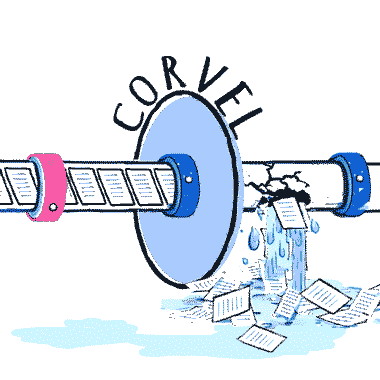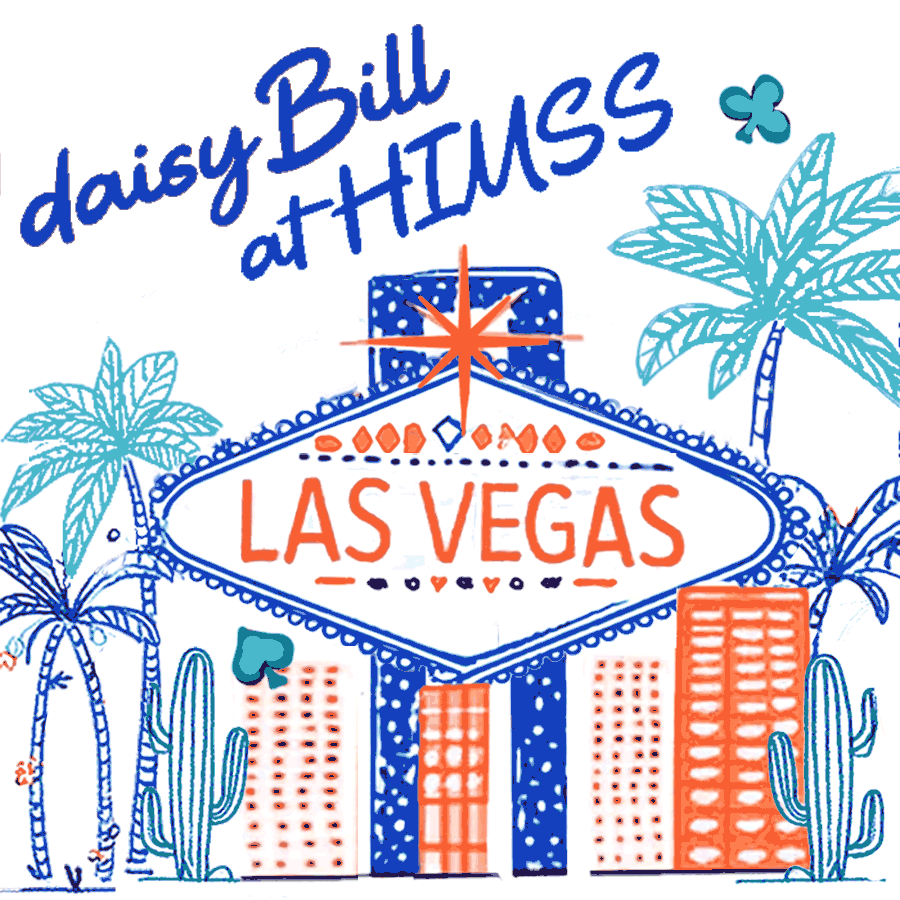TN 2025 Workers’ Comp Conference: 5 Takeaways

A packed house, practical guidance, and unbeatable networking defined this year’s Tennessee Workers’ Compensation Educational Conference in Murfreesboro.
With hundreds of attendees and a record number of exhibitors (including daisyBill), the event offered crucial updates and clarifications on everything from e-billing compliance to AI’s evolving role in injured workers’ recovery.
Kudos to the Tennessee Bureau of Workers’ Compensation (TN BWC) and the International Workers’ Compensation Foundation (IWCF) for putting on such a high-value event!
Below are five key takeaways for Tennessee providers and other stakeholders navigating the workers’ comp landscape.
1. Certified Physicians Get Reimbursement Bump
Doctors who complete Tennessee’s Certified Physician Program are eligible for slightly higher reimbursement for office visits.
This is a financial incentive to take advantage of a state program designed to help providers navigate the system compliantly by undertaking a series of guided lessons and assessments “for physicians, by physicians.” Sounds like a win-win!
2. Form C-42 & Injured Workers’ Choice of Physician
In several sessions, the conference covered the rules around Form C-42, with which employers establish a panel of physicians for their employees to choose from following an injury.
The most important rules include:
- The C-42 must list at least three physicians (or walk-in clinics, but list the supervising doctor next to the name of the clinic).
- The physician panel can include providers up to 125 miles away—but travel reimbursement may apply.
- Physicians in panels must be medically appropriate (e.g., no listing orthopedists for an eye injury).
- Employers must issue the panel within three business days of receiving notice of injury.
3. TN Claims by the Numbers
The "Workers’ Comp 101" session offered an overview of key system data. The most salient stats:
- Tennessee workers filed 88,821 claims in 2024, excluding federal and state employee claims.
- Of those, 70% were Medical-Only (i.e., with the injured worker missing seven or fewer days of work).
4. Mandatory e-Billing (and Exceptions)
Electronic billing was a recurring theme. While submitting and accepting e-bills for workers' comp is mandatory for providers and insurance carriers in Tennessee, there are exceptions for:
- Providers with fewer than 10 employees
- Providers who submitted fewer than 120 workers' comp bills in the previous year
- Insurance carriers that processed fewer than 250 workers' comp bills in the previous year
- Providers and insurance carriers for which e-billing imposes an unreasonable financial burden, as determined by the TN BWC
5. Workers’ Comp Software: No API, No Deal
The keynote session on AI, automation, and APIs was clear about one thing in particular: software that doesn't include a solid Application Programming Interface (API) is effectively useless as emerging tech transforms the industry on a near-daily basis.
And yes, when it comes to workers’ comp e-billing software, daisyBill has that covered.
Hats Off to TN BWC and IWCF
daisyBill extends its gratitude to the TN BWC and the IWCF for organizing such a high-value, informative event.
From in-depth compliance guidance to candid conversations with TN BWC officials, the conference showcased Tennessee’s commitment to a fair, transparent, and provider-inclusive system.
We left Murfreesboro better informed and more motivated than ever to support injured workers by helping providers get paid faster, more accurately, and with less friction.
If you missed us, reach out anytime via the pink chat button at the bottom of this screen or email us at info@daisybill.com.
daisyBill makes workers’ comp billing easier, faster, and less costly. Get the details by clicking below.
LEARN MORE: DAISYBILL
DaisyBill provides content as an insightful service to its readers and clients. It does not offer legal advice and cannot guarantee the accuracy or suitability of its content for a particular purpose.





